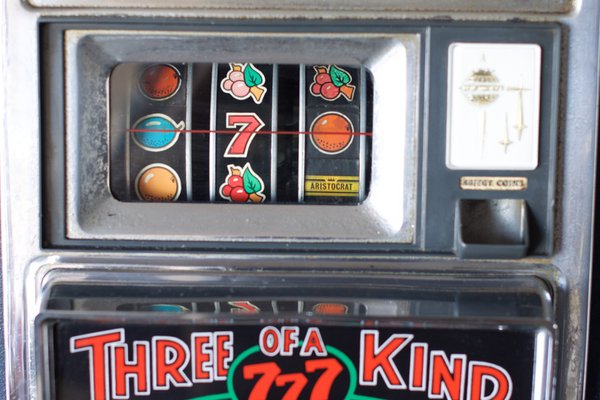
Online slots have become incredibly popular over the last decade, with more and more players opting to spin the reels from the comfort of their homes. However, some players have concerns over the security and fairness of internet-based slots.
Encryption for secure connections
When you play slots at an online casino, you need to transfer sensitive information like your personal details and banking/payment info. This data must be protected as it travels between your device and the casino’s servers. Online slot sites utilize encryption technology to scramble information during transmission, preventing unauthorized access. Most reputable online casinos hold licenses requiring them to employ SSL (Secure Sockets Layer) or TLS (Transport Layer Security) encryption. These are industry-standard protocols that encode data sent over the internet. Players check a site’s security by looking for a padlock icon in the address bar or seeking independent audits in the footer pages. As long as your platform uses strong modern encryption, your connection remains hack-proof.
Random number generators ensure fairness
Behind the colorful graphics and exciting sound effects, online slots rely on RNGs to produce outcomes. An RNG is an algorithm that generates thousands of number sequences per second, in a completely random way. Before each spin, the software requests a value from the RNG to land on a random combination of symbols. Reputable developers and casinos license RNG technology from established third-party testing houses like eCOGRA and iTechLabs. Their software simulates billions of spins to audit for fairness, ensuring outputs are truly unpredictable, with no manipulation or biasing towards a specific result. These test results are published in monthly reports, guaranteeing operators meet the required randomness standards. While mechanical slots use physical forces like angular momentum to vary stopping positions, computerized RNGs perform more complex mathematical functions to deliver fair results. Players might perceive losing streaks as suspicious—however, properly configured software ensures each outcome remains impartial.
Vetted developers deliver secure games
Hackers constantly probe online casinos for vulnerabilities, ready to exploit weaknesses that jeopardize fairness or player privacy. Therefore, sites must partner with trustworthy game developers who adopt the latest security innovations and protocols. Industry leaders like Microgaming and NetEnt supply gaming content to numerous regulated online casinos. With decades of experience, these B2B software companies invest substantially in information security programs. Stringent internal procedures rigorously test products before release while independent agencies frequently audit game math and critical source code. By licensing games from these established vendors, online casinos separate their operations from game outcomes an extra layer of transparency for players. Before launching a real-money slot title, operators like BetMGM or DraftKings conduct extensive evaluations, ensuring the software adheres to theoretical RTP and provides scientifically sound results. More information can be found here https://157.245.144.77/.
Tips for secure online slots
While licensed online casinos implement complex encryption and RNGs to protect gameplay integrity, players should also employ common-sense security habits:
- Check site certification seals – These validate platform security, fairness, and consumer safety standards. Leading organizations include eCOGRA, iTechLabs, BMM Testlabs, and Gaming Laboratories International.
- Enable multi-factor authentication – Adding an extra login step like email/SMS verification prevents unauthorized access, even if hackers steal your password credentials.
- Use secure networks – Only play real-money slots via private internet connections you trust, avoiding public Wi-Fi which exposes the activity.
- Monitor banking alerts – Unusual account notifications may indicate fraud, allowing quick intervention with your payment provider.
While onboard encryption and RNG protocols remain invisible to players, you take responsibility for personal cyber safety. Following basic precautions optimizes secure gameplay while avoiding leaks of financial or personal data.





